High school, for most people, is hard. At the same time as our brains are developing, we are under constant pressure to perform academically, and get into the best college possible. All the while, we are being bombarded with constant stimulation, not only from our phones, but with the way society is developing faster than our brains can process. In a conversation with Ms. Hoover Rios, de Toledo therapist and educator, she addressed why high school is so difficult.
Ms. Hoover Rios described the psychology of a teenager by explaining the process of pruning and myelination. “Pruning is us losing what we’re not using, and myelination is strengthening what we do use. Bad habits get locked in when you start at adolescence because you’re speeding up that connection,” Hoover Rios said.
The key concept here is that we lose what we don’t use, and what we do use, sticks. According to the National Library of Medicine, the habits we are building in adolescence become progressively harder to shake, especially when it comes to things like addiction. This is our brain realizing itself and deciding what it needs to cultivate in order to function at its best.
An informative example of this is scrolling, as noted by the National Institute of Health. When we stimulate our brains with things like scrolling, our attention spans are more likely to shift to be attached to short form content. Unfortunately for us, our brains were specifically designed to build the habit.
The dopamine hits we get from social media (which teenagers are more susceptible to) keep us coming back to short-form content, so the process is becoming progressively more familiar in our minds, solidifying this bad habit. And as a cherry on top, social media can contribute to many mental health issues.
According to a study by the National Institute of Health, social media can be associated with depression, anxiety, eating disorders, obsessive-compulsive disorder, attention-deficit/ hyperactivity disorder, and disruptive behavior disorders.
So, at the same time that social media is changing our mental health, it is changing our attention spans, which are essential for academic success, something that is measured above all in adolescent life today. Academic success has become associated with how our futures will turn out. The bar has been raised by colleges, and then in turn raised by high schools.
Ms. Hoover Rios said, “We’ve created this kind of pressure cooker, I don’t think it’s our best work. It’s a systemic issue.”
Academic pressure has a direct and negative impact on adolescence behavior and their self control, according to a study by Frontier’s Journal of Psychology. This can be attributed to the development of the adolescent brain.
“If you don’t have a baseline ability to regulate,” Ms. Hoover Rios said, “any pressure creates a bigger response. Developmentally you don’t have the whole toolset.”
This toolset has to do with the prefrontal cortex and its development between the ages of 12 to 25. Our ability to regulate our emotions, set goals and follow through with them, judge risks, and process information are under construction in these years.
Ms. Hoover Rios described it as “like a software update. You guys are slowly updating, but you haven’t gotten there yet.”
Evolutionarily, we are predisposed to equate things like our academic or extracurricular performance to life or death, because hundreds of years ago activities like these were. To be ostracized, was to starve.
It’s like Ms. Hoover Rios said, “Once upon a time when we were in caves it was literal life or death to be accepted by society”
That is something that adolescents are more likely to struggle with than adults, as their ability to understand situations in a broader, more evolved way is more developed with age.
So, while our brains are still forming their habits and connections at the same time as they’re being overwhelmed with content from the internet, and we are put under intense pressure to perform, all while not having the ability to equate non-perfect performance with complete failure, we are asked why we struggle so much with school.
Ms. Hoover Rios said, “It’s so much. Growing into a human is a lot of work, and it’s hard.”
It is hard. A lot is being asked of us and to struggle with developing is understandable for so many reasons.
Just remember, as Hoover Rios said, “A little compassion for ourselves goes a long way.”
Sources:
Jaing, Mao-min. “The influence of academic pressure on adolescents’ problem behavior: Chain mediating
effects of self-control, parent–child conflict, and subjective well-being.” Frontiers, 2022.
Kolb, Bryan. “Experience and the Developing Prefrontal Cortex.” National Library of Public Medicine.
PubMed Central: 8 Oct 2012.
Muppalla SK, Vuppalapati S, Reddy Pulliahgaru A, Sreenivasulu H. “Effects of Excessive Screen Time
on Child Development: An Updated Review and Strategies for Management.” National Institute
of Health. 18 June 2023.


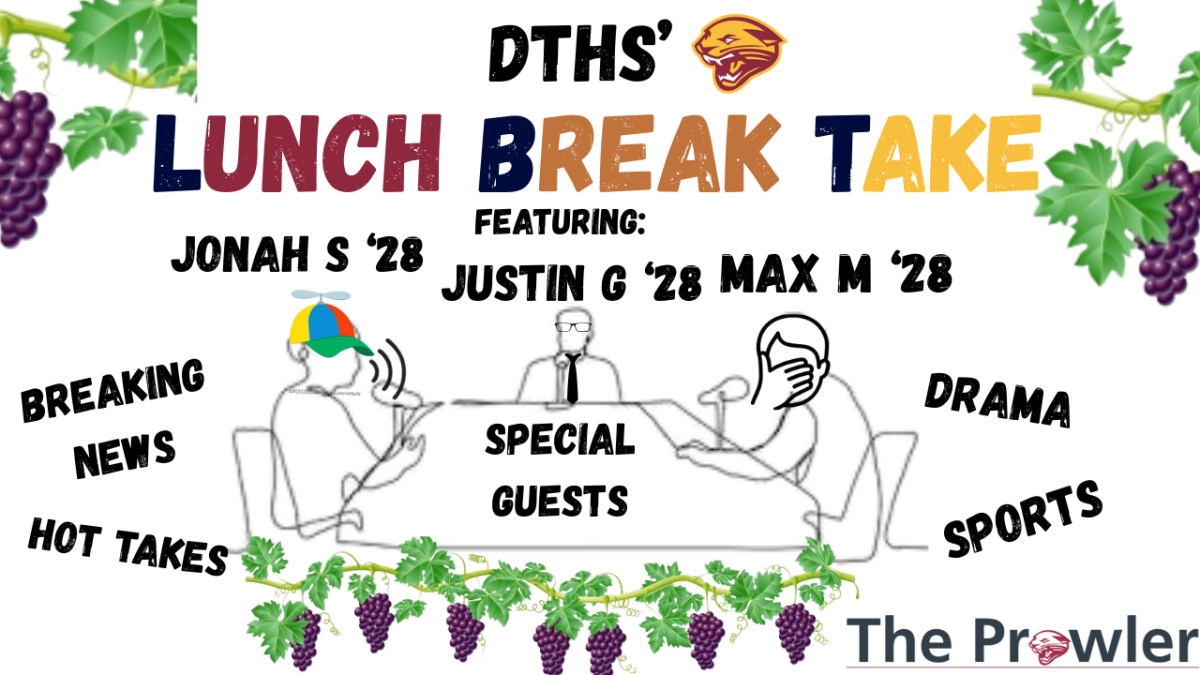

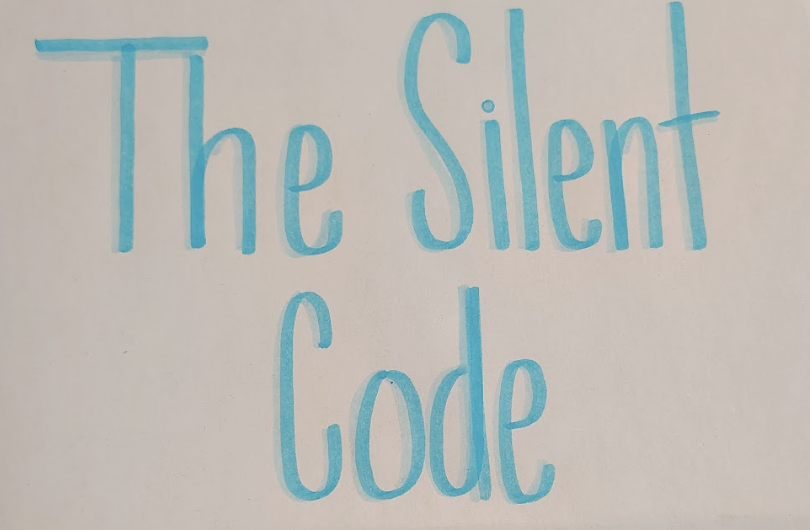

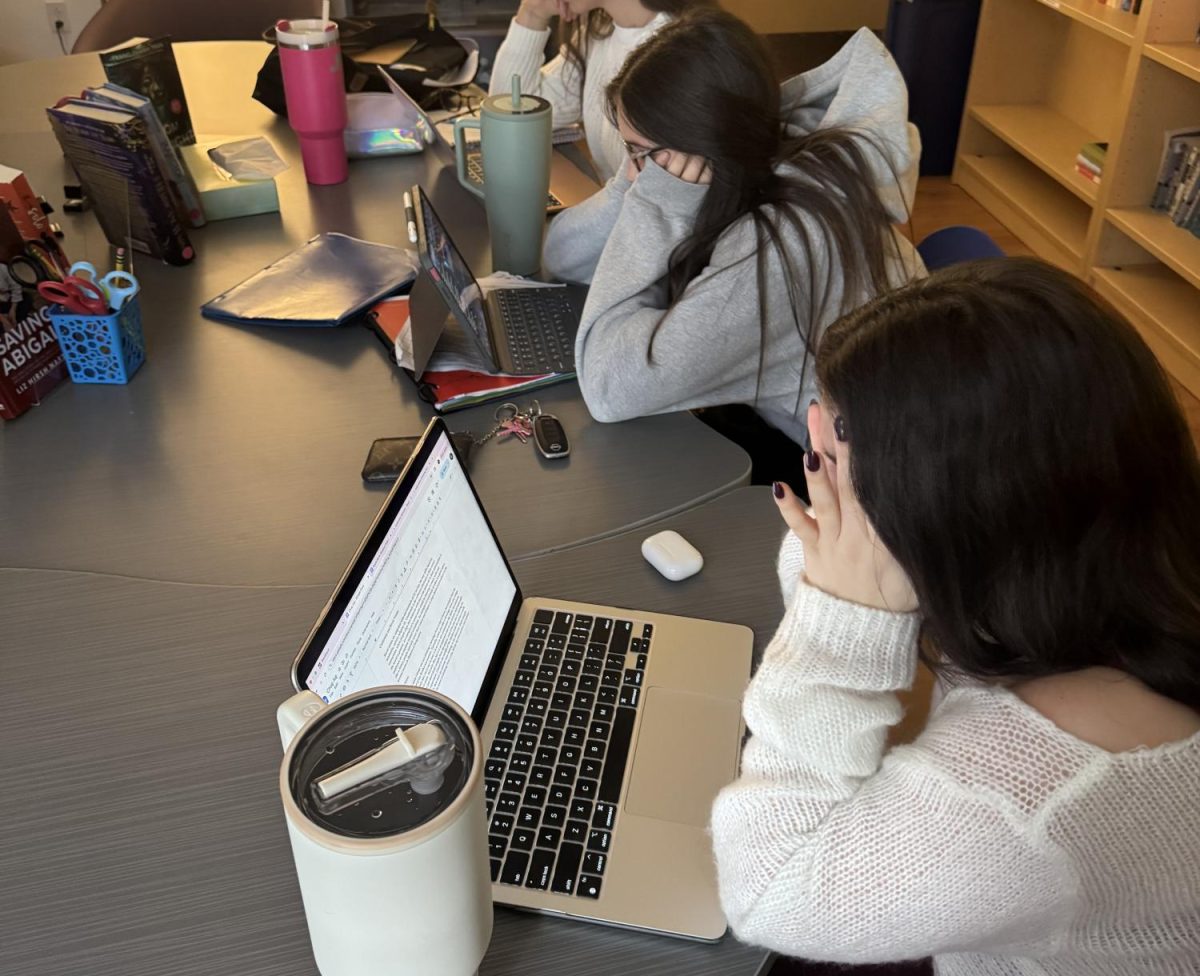
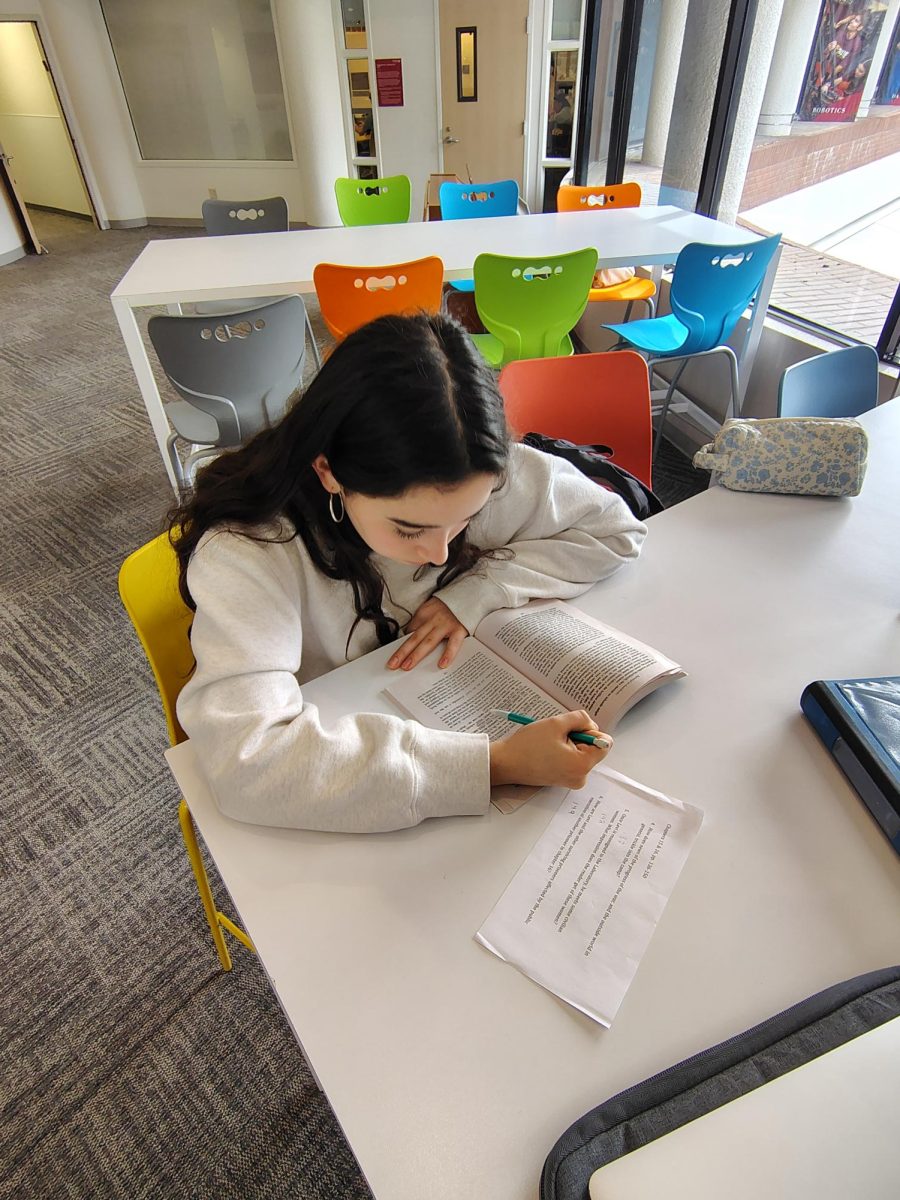






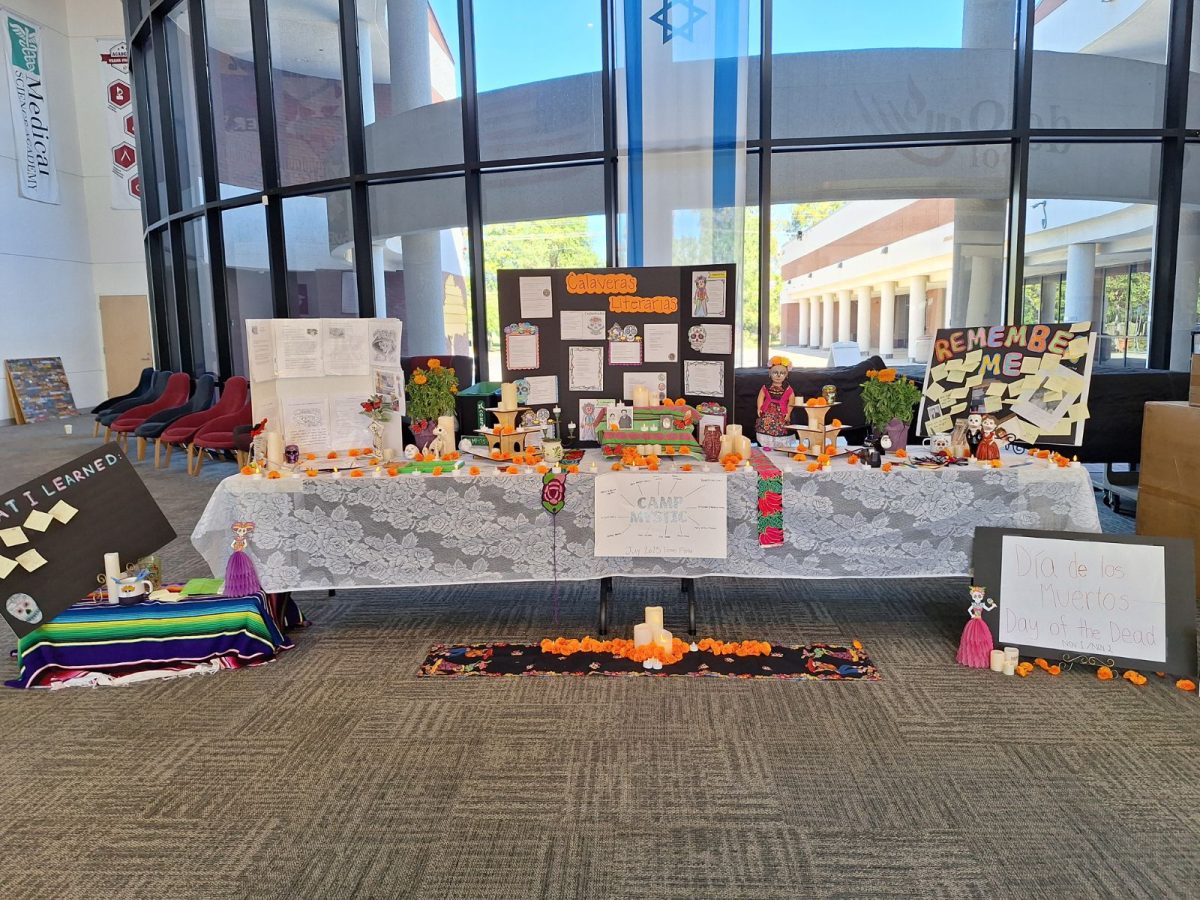
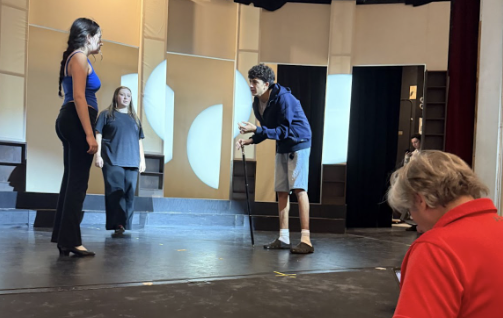


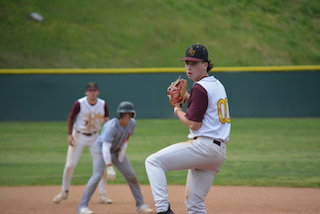
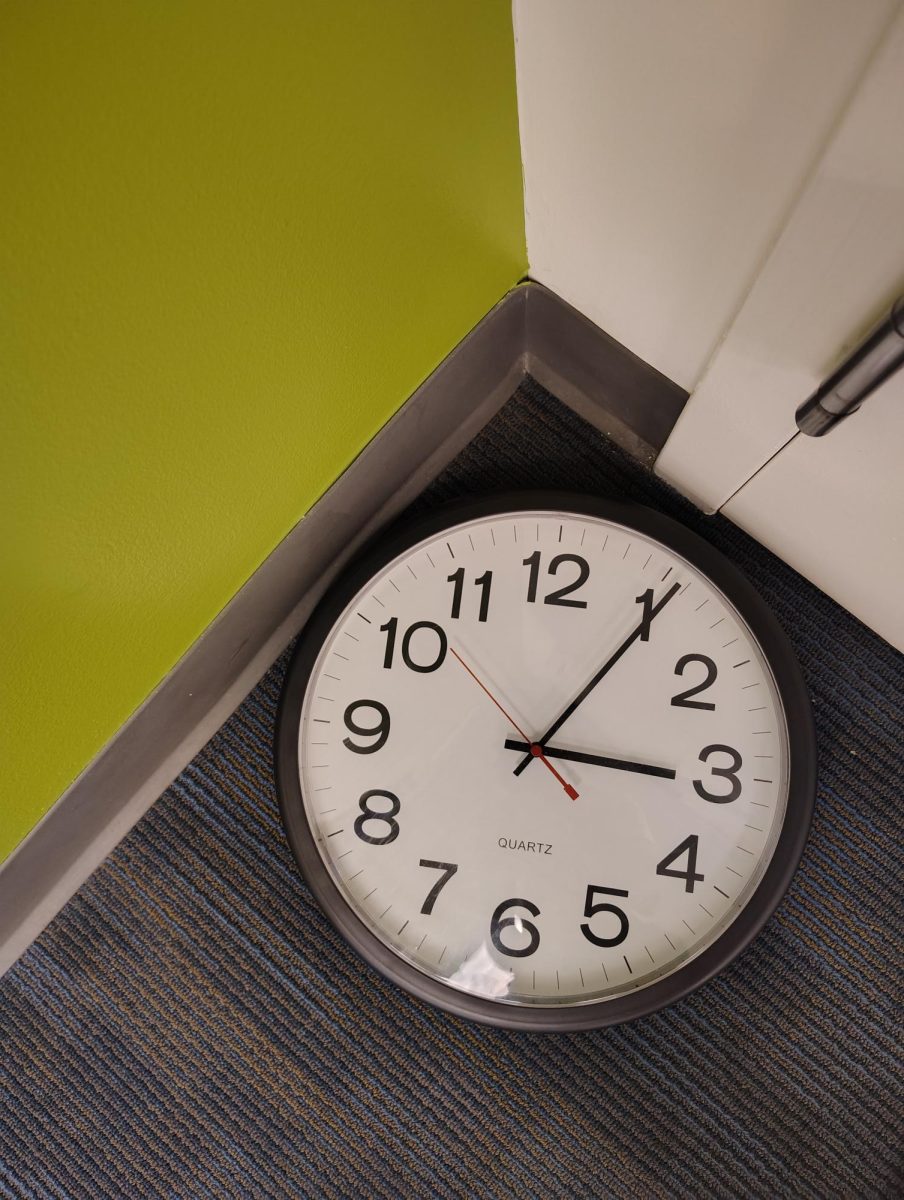
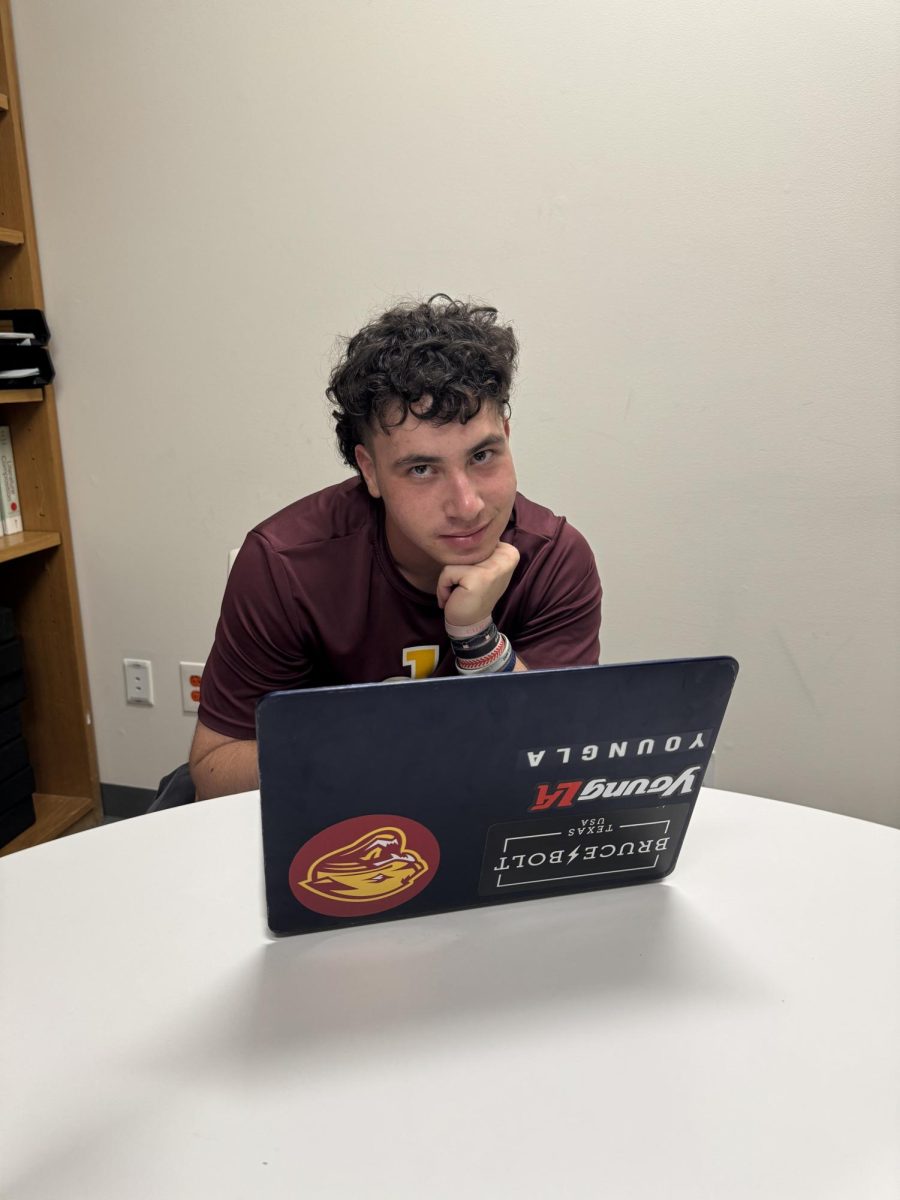
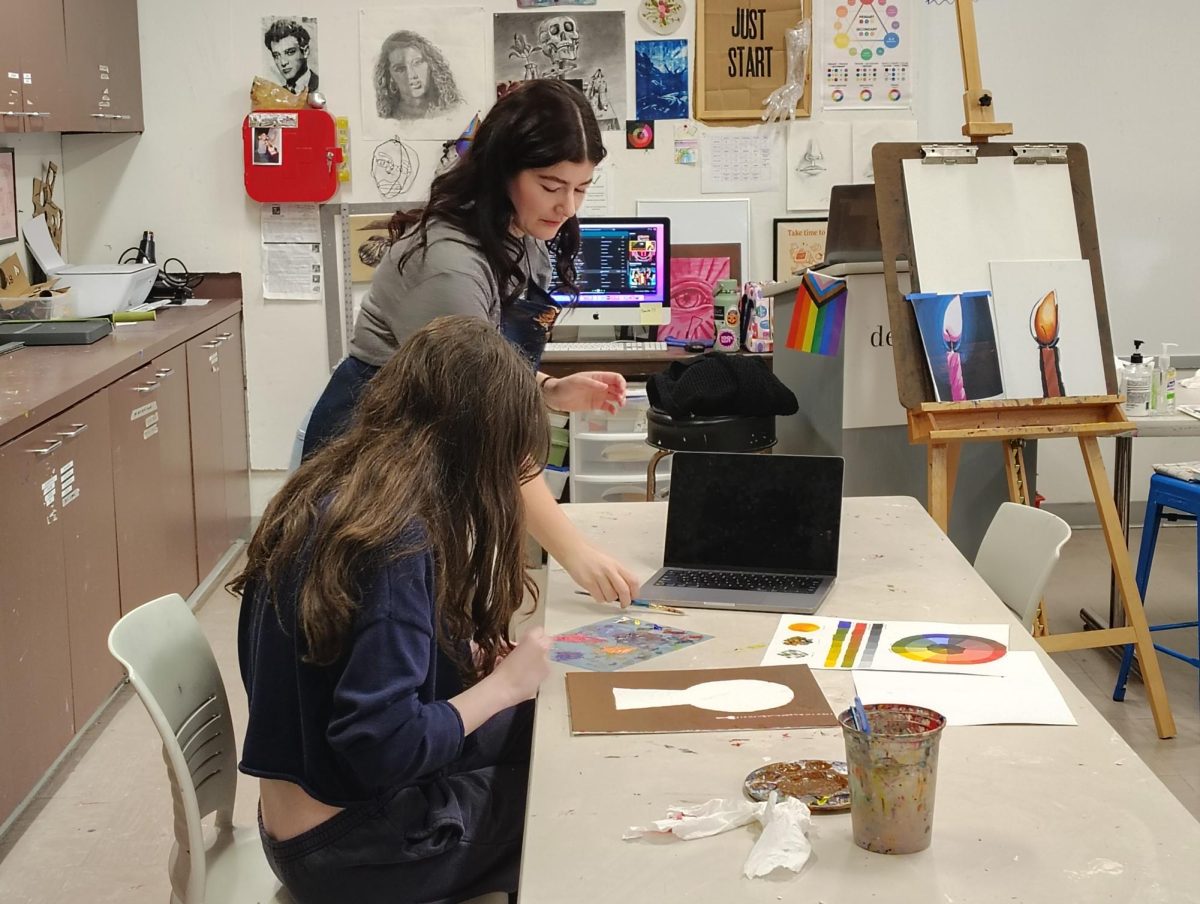
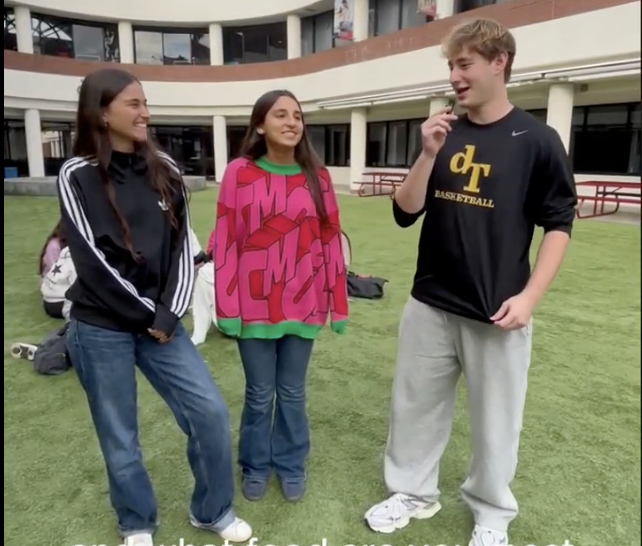
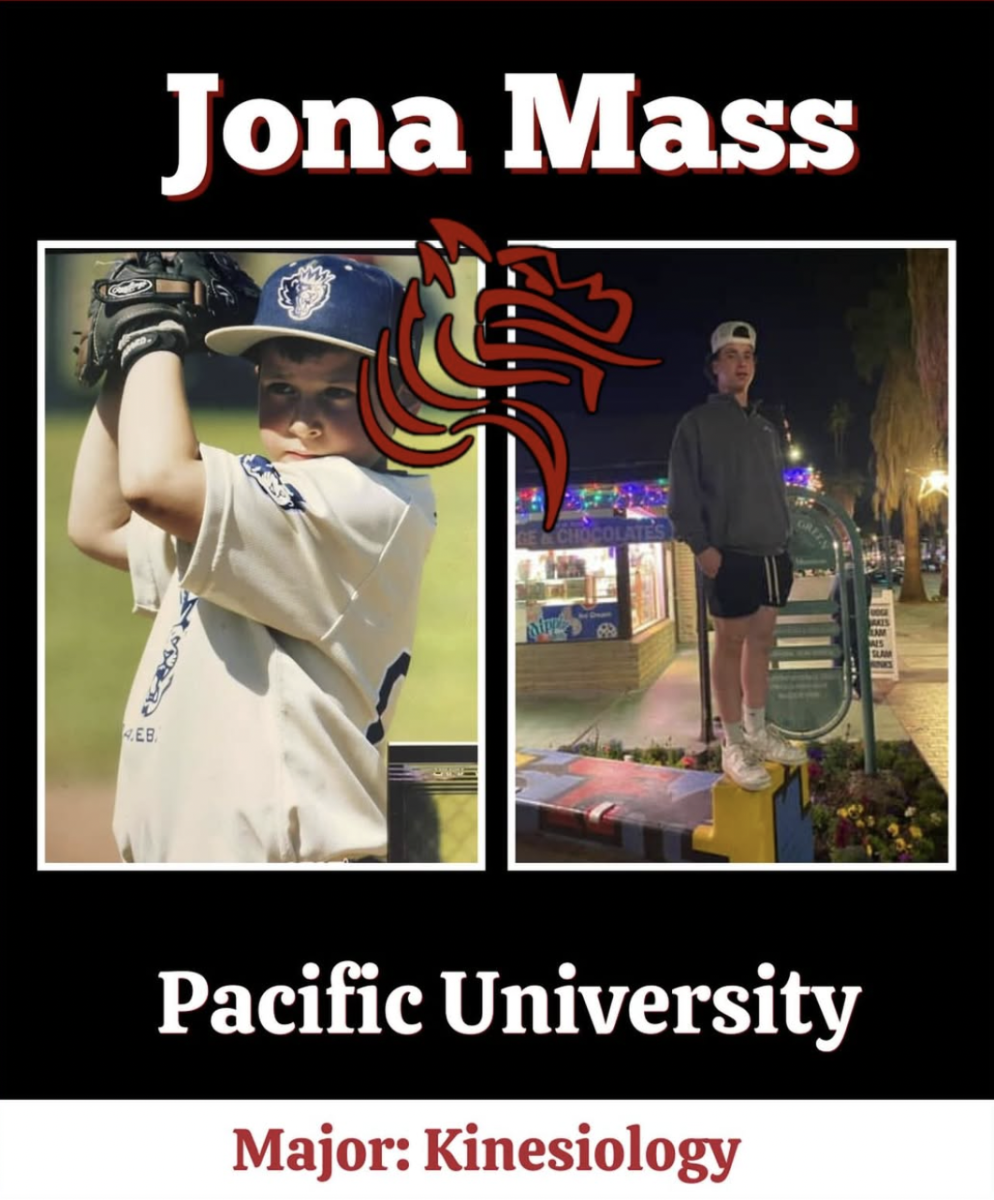



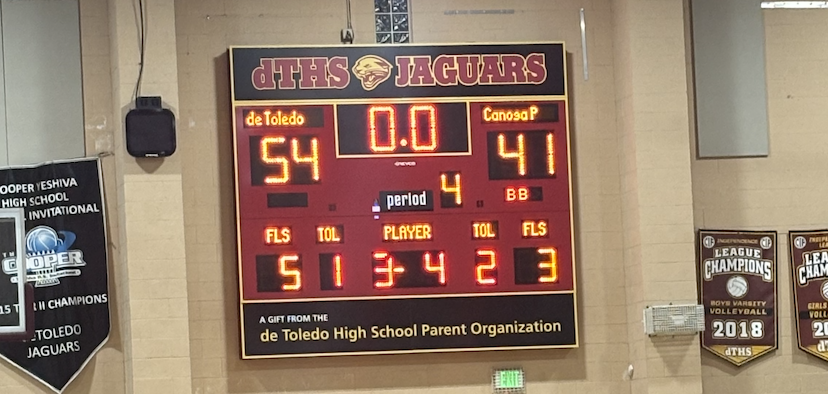
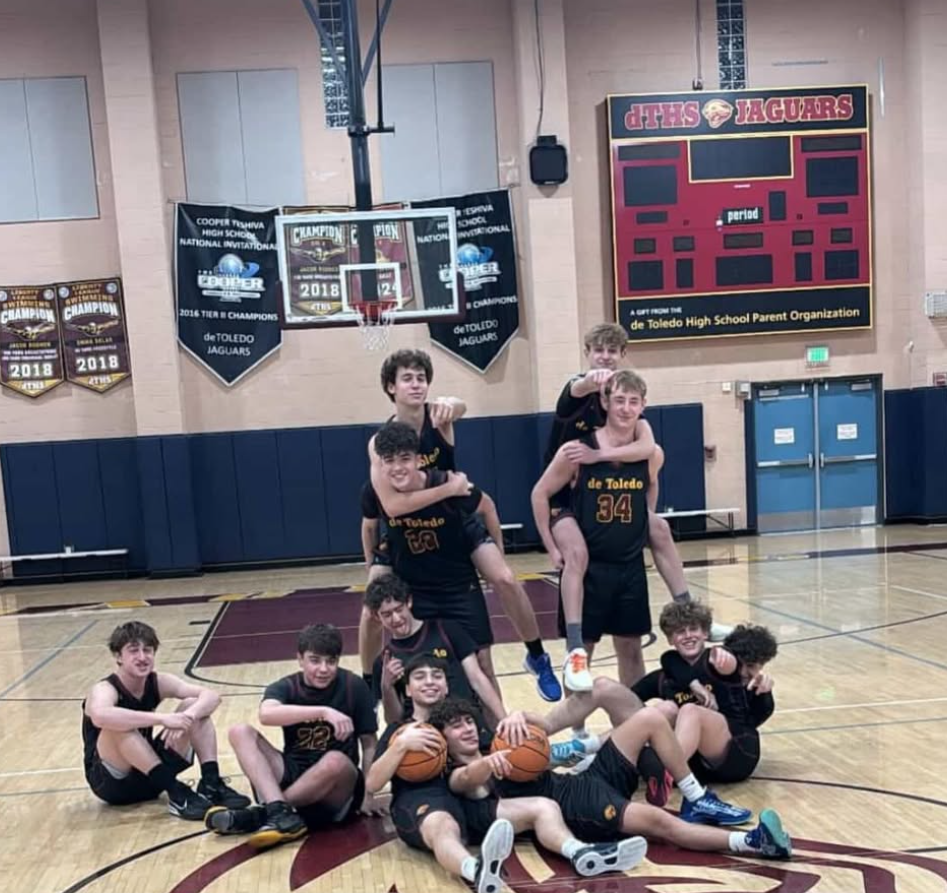


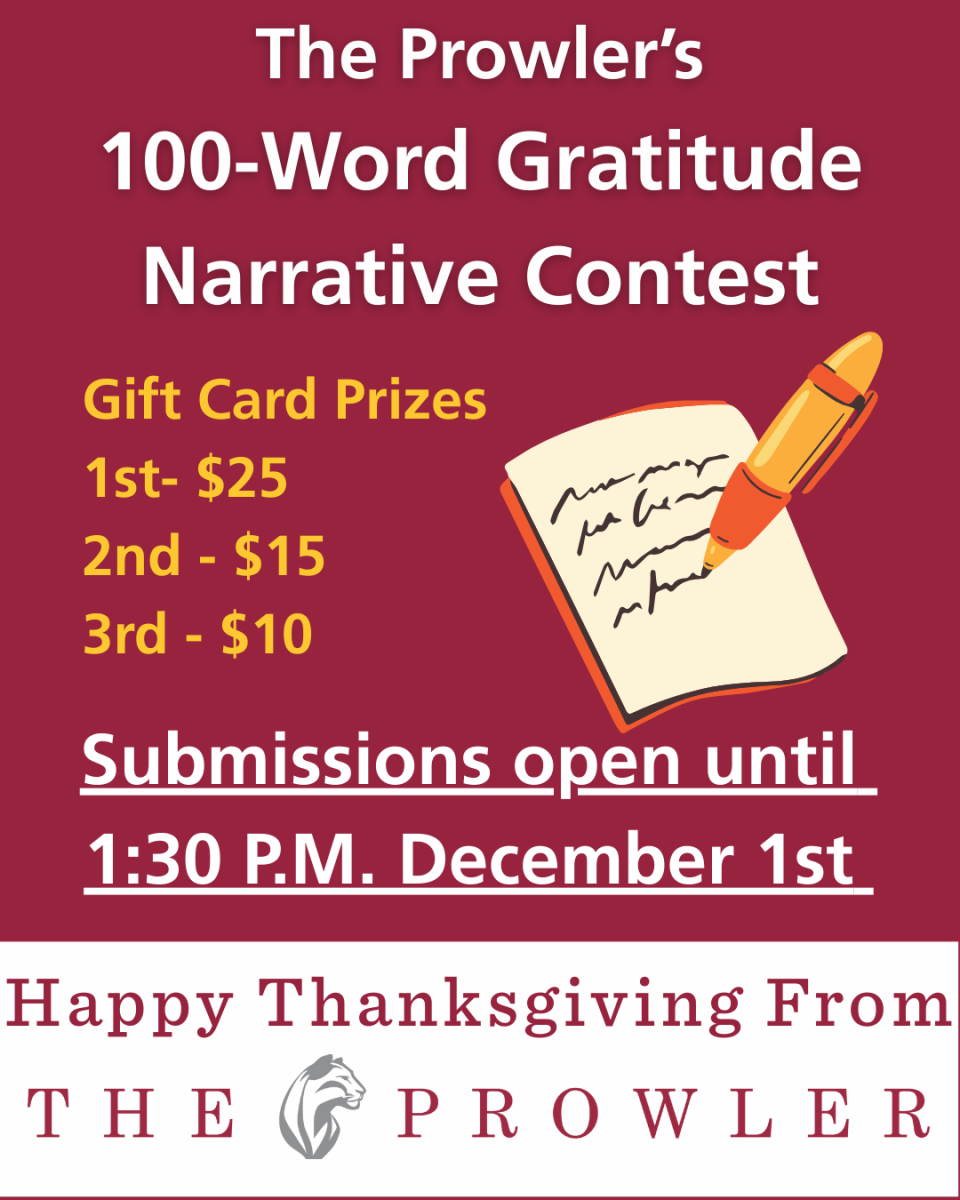


Ellen Howard • Oct 6, 2025 at 8:50 am
Being an adolescent is not easy. Ms. Hoover Rios gives some good advice. Teenagers need to have compassion for themselves and others!